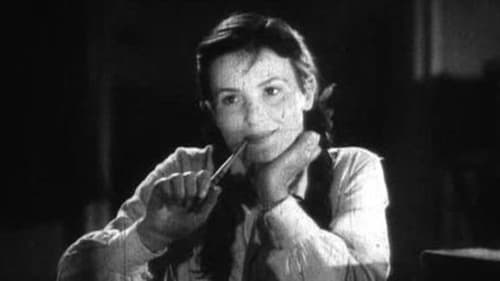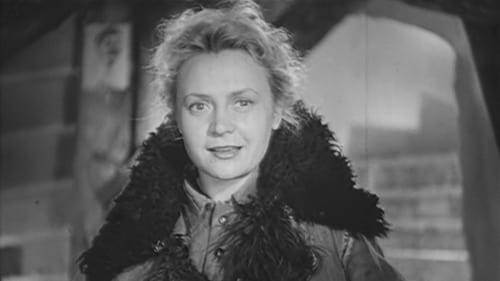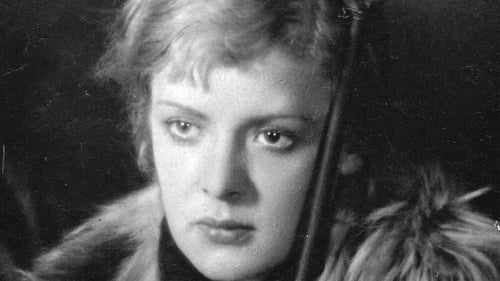
Owl
The true story of one of Russia's most beloved national heroines. During the Nazi siege of Moscow, a fearless 18-year-old girl named Zoya risked her life as a partisan fighter. Captured by the Germans, Zoya endured unspeakable tortures at the hands of the Gestapo but still refused to betray her comrades. Even on the gallows, Zoya defiantly spoke out against the Nazis and everything they stood for. In a series of flashbacks, this film re-creates not merely Zoya's death, but also her life.

Verner
The film deals with a Russian battalion under siege by the Germans during the Second World War.

Semyen Abramovich Rotman
A story about a Secretary of the Communist Party District Committee who is leading partisans in their fight with the Nazis during WWII.

The composition includes two short stories: "The Swineherd" (based on the fairy tale by H.C. Andersen) and "Heaven and Hell" (based on the short story by P. Merime).

It tells the story of the 26 Artillery Division of the Soviet Red Army.

Yakov Bardin
The eve of the 1905 Russian revolution was unquiet at the Skrobotova and Bardin factory. In response to the fair demand of the workers to dismiss the cruel and rude master, the masters close the factory and call in the troops. They shoot of one of the workers, who failed to restrain a rush of hatred towards the owners, ending Skrobotov's life. Gendarmes arrive at the factory. They succeed in uncovering the social democratic organization in the factory. The arrested workers oppose hysterical cruelty of gendarmes with calm, confident courage.

Silych
Girlfriends Zoya, Natasha and Asya live in Petrograd. Before the Civil War, young heroines are aware of the social injustice of life. When the war begins, the girls are recorded by the orderlies of the working group to protect the Bolshevik Petrograd from the advance of the whites.

Yegor Nechayev, her brother
The peaceful life of an exemplary collective farm is being rent asunder by shortages and dissent, and a commissar is sent to uncover the source of the problems, unaware that their is actual sabotage involved.

Skvorzov
Shame or Counterplan is a 1932 Soviet drama film directed by Sergei Yutkevich and Fridrikh Ermler. The film’s title-song called "The Song of the Counterplan", composed by Dmitri Shostakovich, became world famous and was adapted into "Au-devant de la vie", a notable song of the French socialist movement of the 1930s. This film could be considered as a Stalin propaganda film. The plot involves an effort to catch "wreckers" at work in a Soviet factory. From Wikipedia, the free encyclopedia

Pyotr, the country boy
Soviet "proletarian" film about anti-war strike at St Petersburg factory, 1914. Resembles Pudovkin's classic "End of St. Petersburg," made 4 years earlier: backward lad (Poslavsky) from poor village comes to town desperate for work. He's hired as replacement ("scab") worker at big metallurgical factory, which is in the throes of a strike organized by the Bolsheviks (communists). The Bolshevik strikers are led by Ivan Shtraukh (brother of the more famous Russian actor Maxim Shtraukh). At first, the deceitful industrialist's son (Fedosev) involves the naive Poslavsky in an attempt to murder Shtraukh, but the attempt only wounds the heroic organizer. Will Poslavsky follow through with the planned killing, or will he redeem himself by going over to the side of the strikers?

The struggle of the Komsomol members against private speculators for the surrender of fish to the state.

Directed by Sergei Yutkevich.








